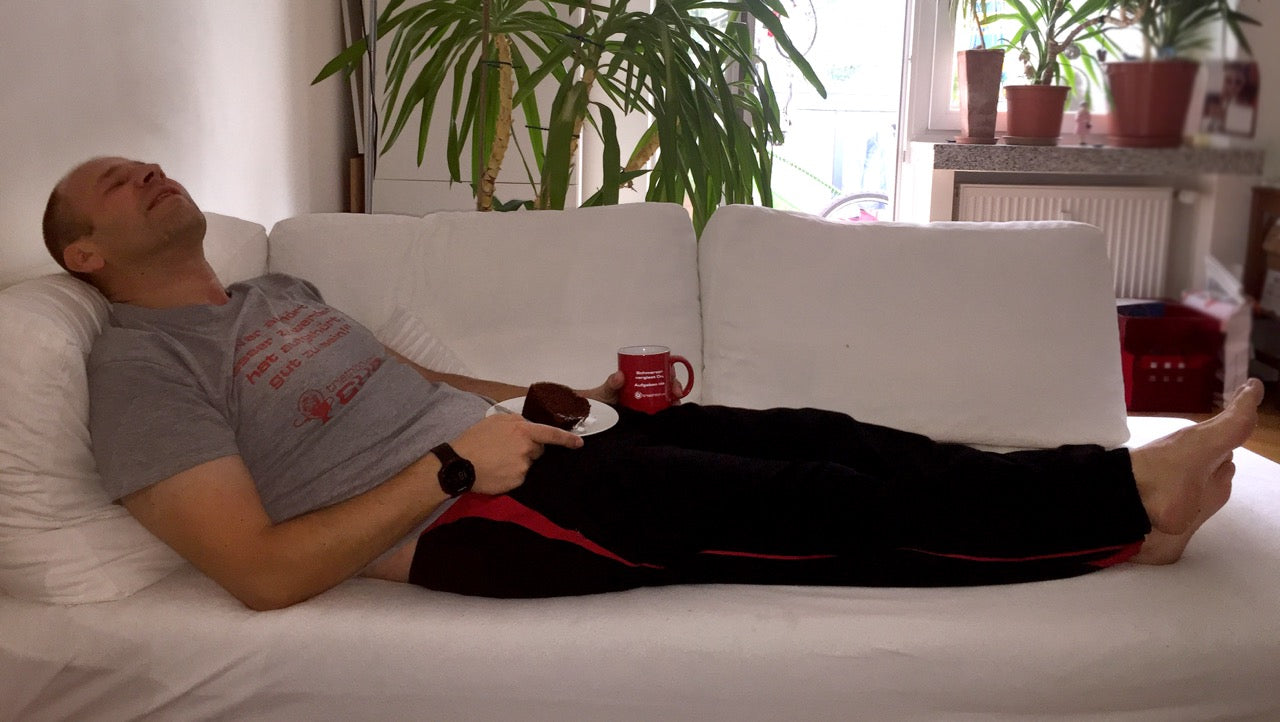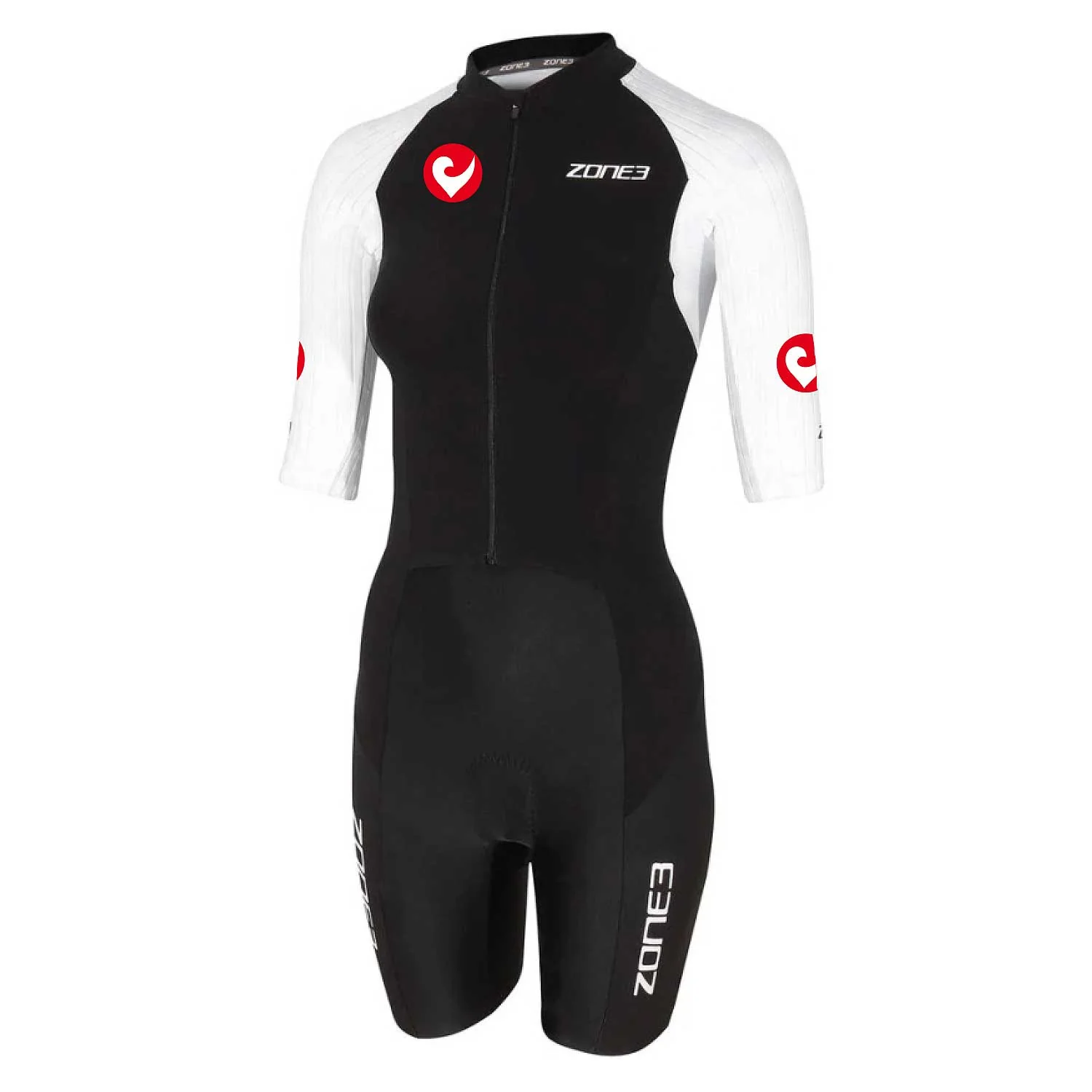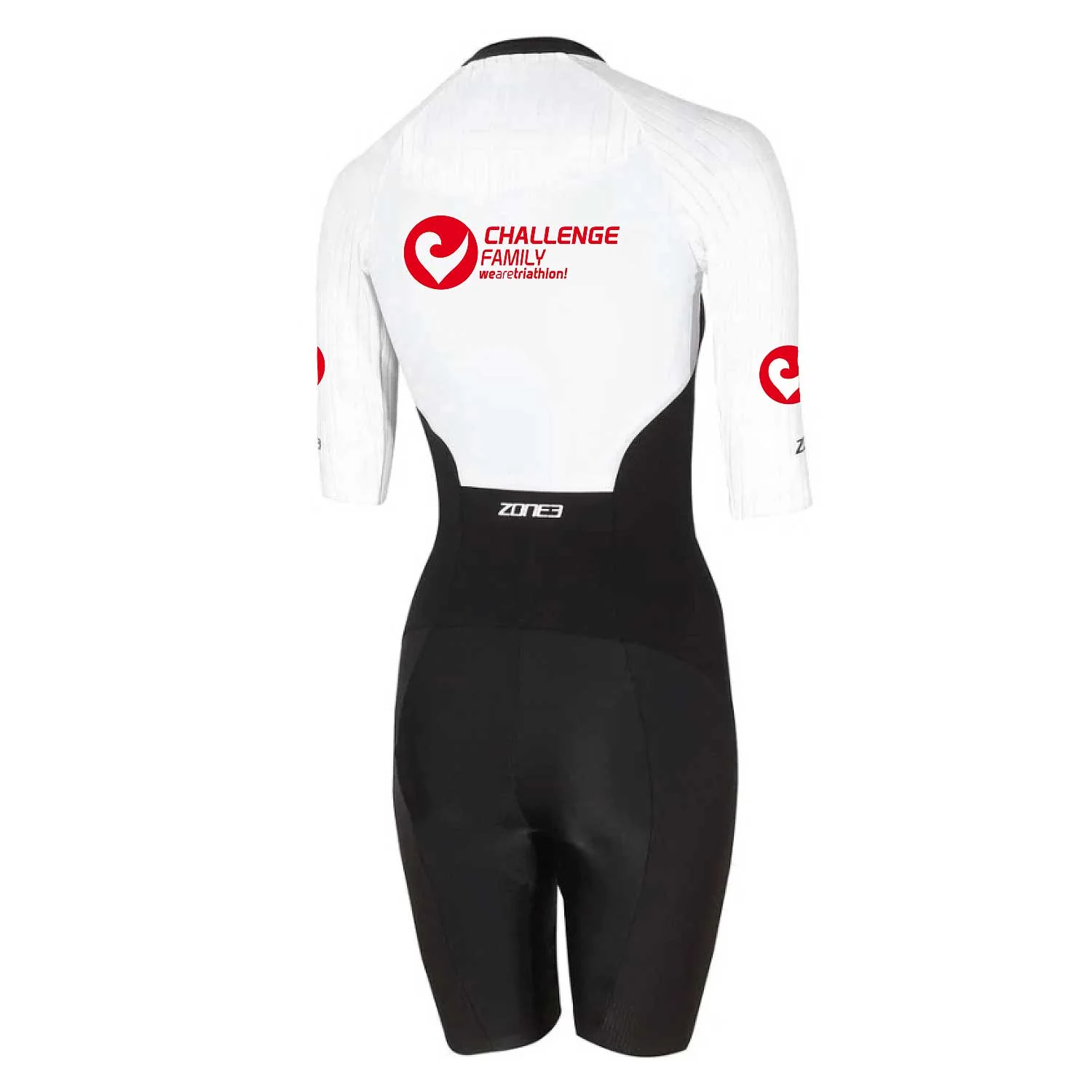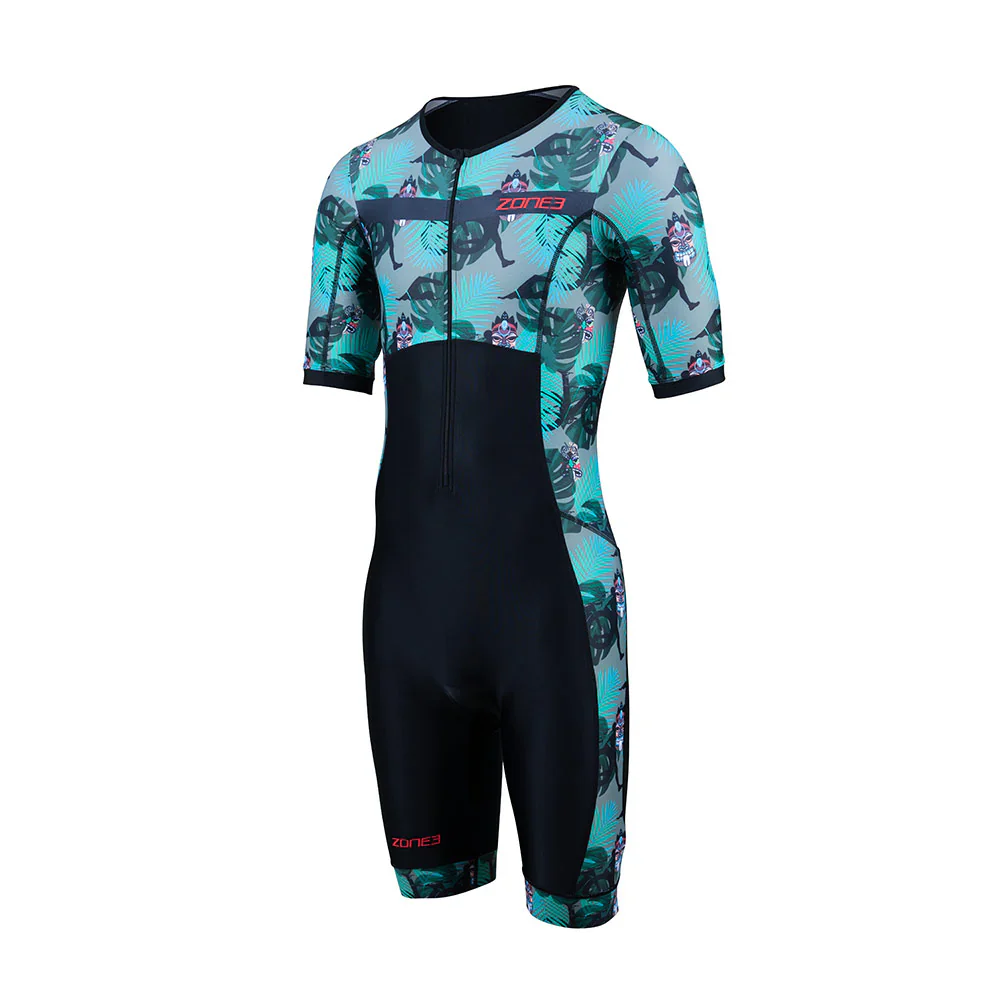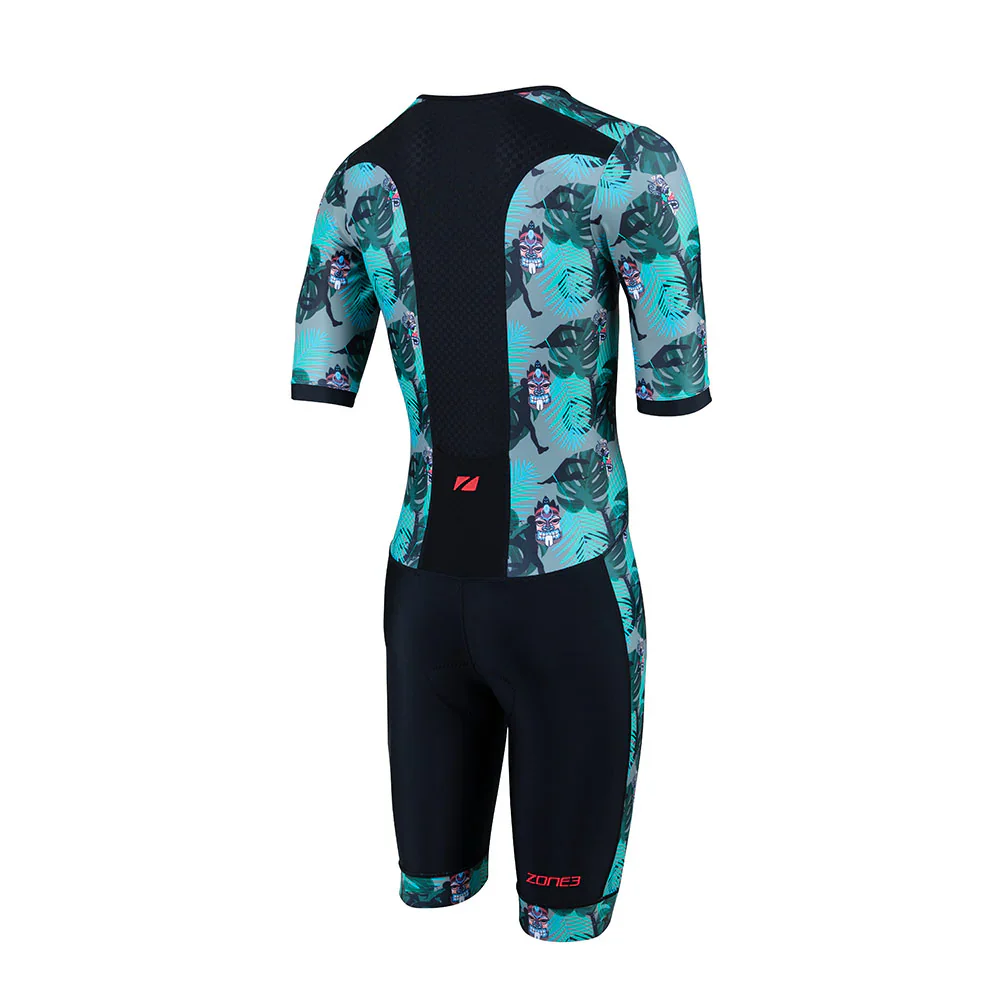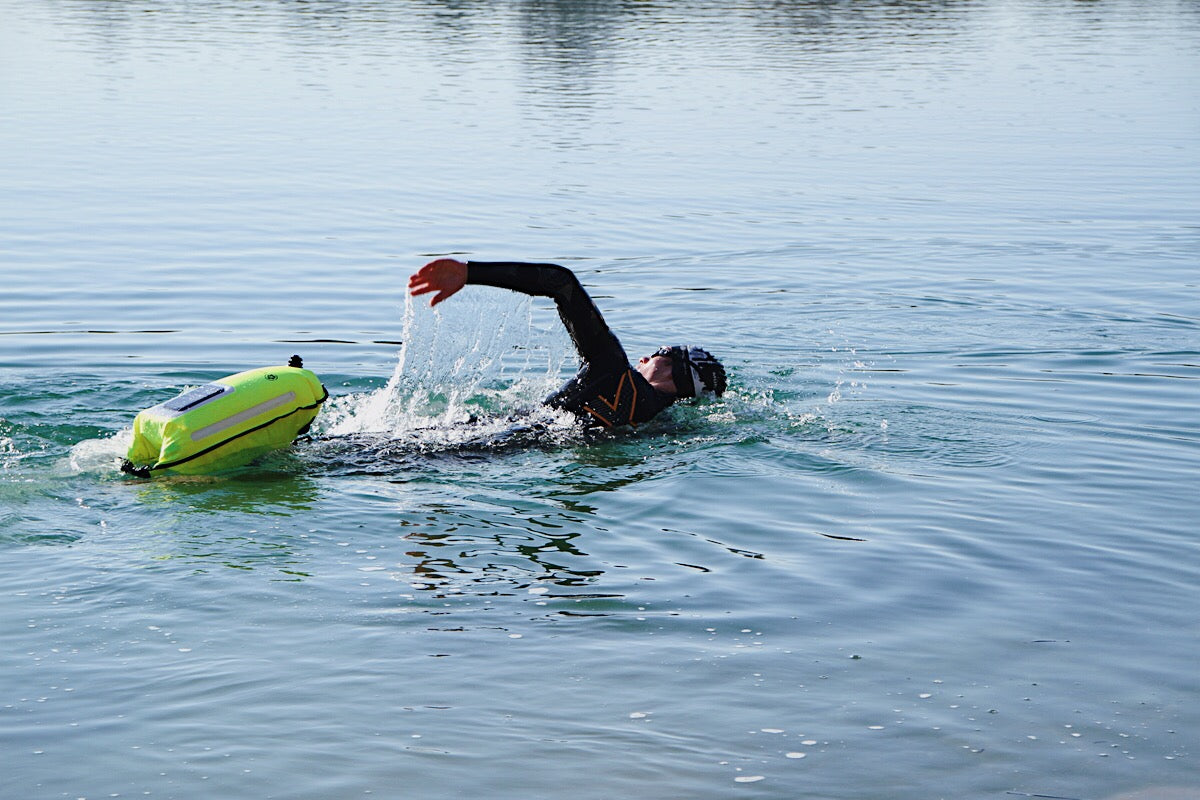Being ill is a clear case of "wait and see". For many athletes, the challenge is not training disciplined, but not training too much and/or too fast. No matter what is in the training plan, the following applies: "Listen to your body!"
Don't exercise when you're sick
Rule number one for training plans is: "Don't train when you're sick." Our immune system takes over a large part of the adaptation after a sporting activity. An illness is a sign that the immune system is at its peak or overloaded. If you still train in this state, there is a good chance that the disease will worsen because you are giving the hard-working immune system an extra pounding on the lid.
Super meltdown: heart muscle inflammation
However, the worst case scenario is when you catch an inflammation of the heart muscle . This disease can lead to death or serious damage to the heart. In any case, heart muscle inflammation is a lengthy story and, if in doubt, you would have to do without sport for months. To avoid this, there should be a strict ban on sports if you have a fever.
Exchange instead of leaving out
Another principle for training plans is that units are not made up. Aren't we jeopardizing our sporting goals if we simply omit units? Clear no. If you have a trainer, you should tell him immediately that you cannot train because of your illness. A good trainer will try to restructure your plan in such a way that there is as little disadvantage as possible for the achievement of your goals. A good training plan always contains a certain buffer that can be lost in the event of unforeseen events.
An example:
If you get sick 2 days before your rest week, you can simply bring the rest week forward. Losing units during the rest week isn't quite as bad as losing key units during the load weeks. And finally, of course, it's about integrating the postponed units sensibly into the next training cycle. But beware. the swapping and rebuilding of units should of course not cause excessive demands elsewhere. So it takes tact and experience so that you don't head for another illness or injury.
You want to know more about me? Then become my friend on Facebook: Ralph on Facebook

